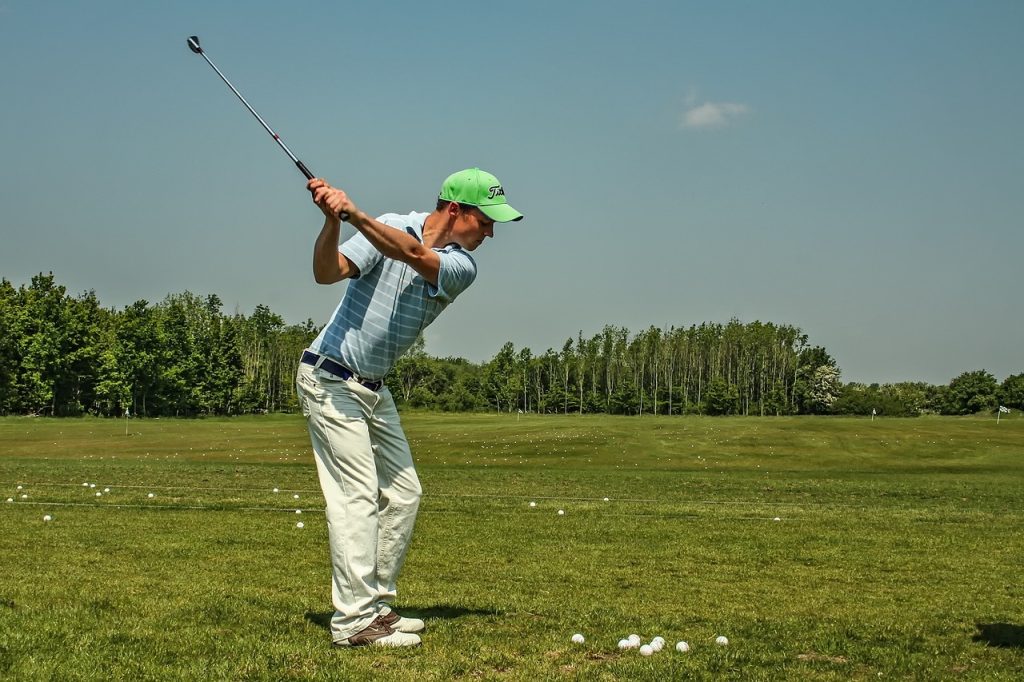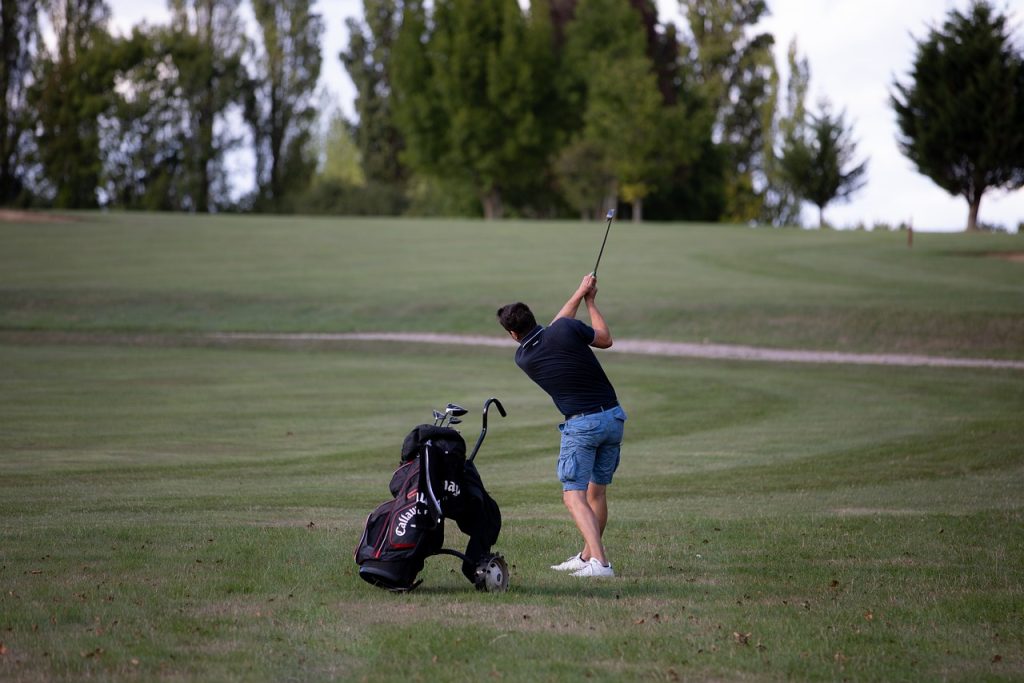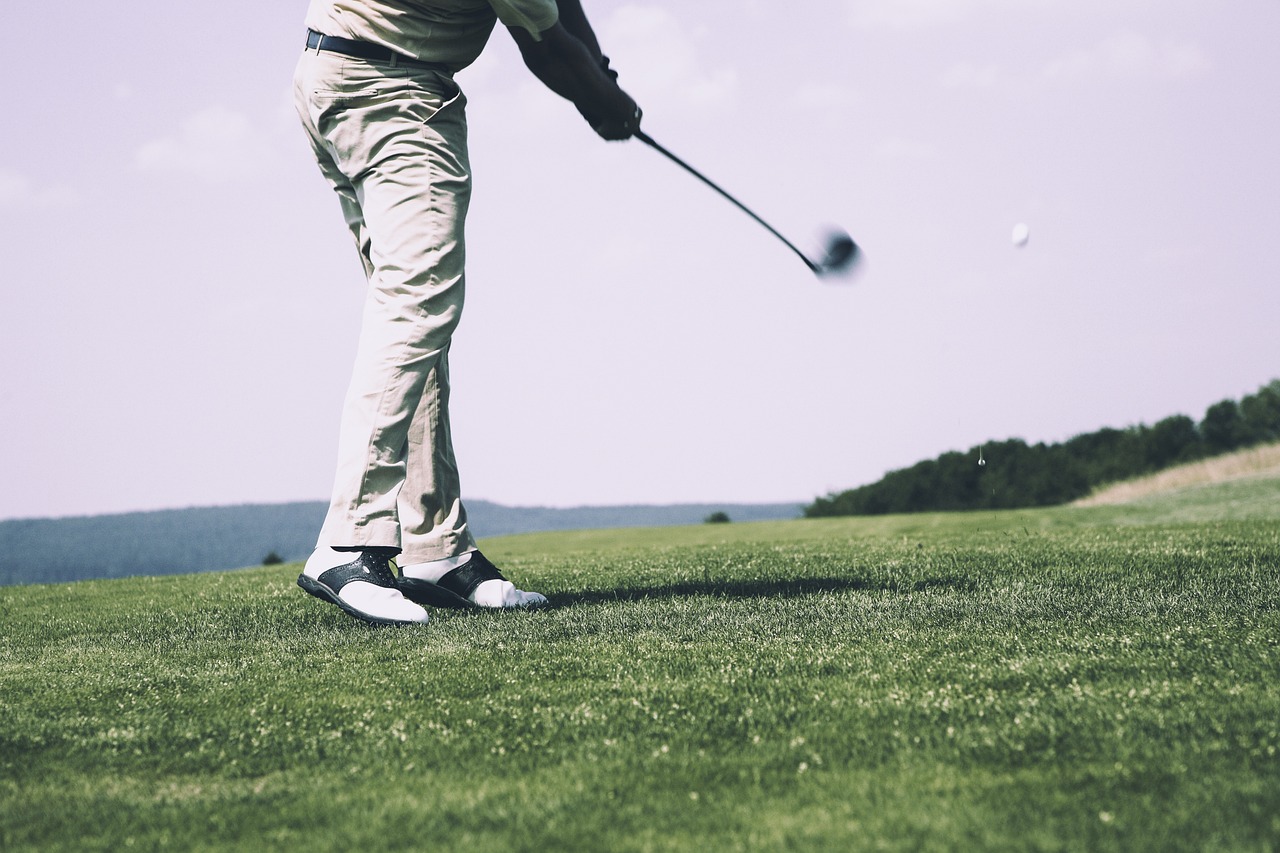For golfers, maintaining flexibility, strength, and control is essential to perform at their best. However, spinal conditions like chronic back pain can make it difficult to stay on top of your game. If you’ve undergone lumbar surgery or are dealing with persistent back pain, your journey back to golf may feel daunting, but it’s entirely achievable with the right approach. As an expert physiotherapist, I’m here to offer guidance and practical tips to help you get back on the course and enjoy the game you love.
Returning to Golf After Lumbar Surgery
Recovering from lumbar surgery and resuming physical activities like golf is a process that requires patience and a well-planned rehabilitation program. It’s important to give your body time to heal while gradually reintroducing movement and strength exercises. For many golfers, returning to the game can happen within six to twelve months post-surgery, but it’s crucial to follow a personalized rehabilitation plan for optimal recovery.
Here are some key tips to help golfers recover and return to the course successfully:

1. Prioritize a Gradual Return to Activity
After surgery, the temptation to return to golf as soon as possible is understandable, but patience is essential. The spine needs time to heal, and resuming full activity too soon can lead to complications or setbacks. Start with gentle stretching exercises and low-impact activities such as walking, which will help increase circulation and promote healing. When you begin practicing your swing, focus on smooth, controlled movements without overexerting yourself.
2. Focus on Core Stability and Strength
One of the most important areas to address during your recovery is your core strength. The muscles surrounding your spine play a vital role in supporting your back, improving balance, and stabilizing your golf swing. Incorporate exercises such as planks, bridges, and gentle rotation stretches into your routine. A strong core reduces the strain on your lower back and helps prevent future injuries.
3. Improve Your Swing Mechanics
Golfers often experience back pain due to poor swing mechanics, which place excess strain on the spine. Whether you’re an amateur or a seasoned golfer, focusing on improving your swing technique is critical to prevent further issues. A physiotherapist can work with you to analyze your swing and identify areas where adjustments are needed. Improving your technique will not only help your recovery but also enhance your overall performance.
4. Strengthen Your Flexibility
Golf requires a significant range of motion, particularly in the spine, hips, and shoulders. Post-surgery, regaining flexibility is vital to ensure smooth and pain-free movements on the course. Stretching exercises such as hip flexor stretches, thoracic spine rotations, and hamstring stretches will enhance your flexibility. A consistent stretching routine will help you feel more comfortable during play and reduce the risk of re-injury.
5. Manage Pain Proactively
It’s common to experience discomfort as you progress through your rehabilitation, but that doesn’t mean you should ignore it. Pain management is key to a successful recovery, so if you notice pain during practice or daily activities, take it as a signal to rest and reassess your activity levels. A tailored physiotherapy program can help address pain effectively through specific exercises, manual therapy, and education on posture and movement patterns.
6. Don’t Rush Your Timeline
Every golfer’s recovery journey is unique, so it’s important not to rush back to the course too quickly. For most individuals, a six- to twelve-month timeline is typical before resuming full play, depending on the type of surgery and overall fitness level. Follow the guidance of your healthcare team, and if necessary, break your return into stages—starting with putting and short-range shots before gradually increasing to a full swing.

7. Work with a Physiotherapist for a Personalized Program
A well-rounded physiotherapy program designed specifically for your needs is the cornerstone of a successful recovery. A physiotherapist will assess your condition, design an individualized rehabilitation plan, and monitor your progress as you return to golf. From improving your strength and flexibility to refining your swing mechanics, working with a professional ensures that your recovery is safe, effective, and tailored to your personal goals.
Why Choose Physio2Home for Your Rehabilitation?
At Physio2Home, we specialize in providing home-based physiotherapy services tailored to your specific needs. Whether you’re recovering from surgery, managing back pain, or simply looking to improve your physical health, our team of expert physiotherapists will guide you through every step of your recovery.
- Supervised Exercise Programs: Our physiotherapists will create a custom exercise plan that focuses on your mobility, strength, and flexibility, ensuring you can safely return to your favorite activities.
- Personalized Treatment: We take a holistic approach to treatment, considering your unique needs, goals, and lifestyle. Whether you’re aiming to get back on the golf course or simply enjoy a pain-free life, we’re here to help.
- Convenient Home Visits: With Physio2Home, you won’t need to travel to a clinic for treatment. We bring expert physiotherapy directly to your doorstep, making it easy for you to stay consistent with your rehabilitation.
By working with Physio2Home, you can confidently navigate your recovery journey and return to golf—or any other activity you love—stronger and healthier. Reach out to us today and let us help you take the first step toward a pain-free, active lifestyle.

